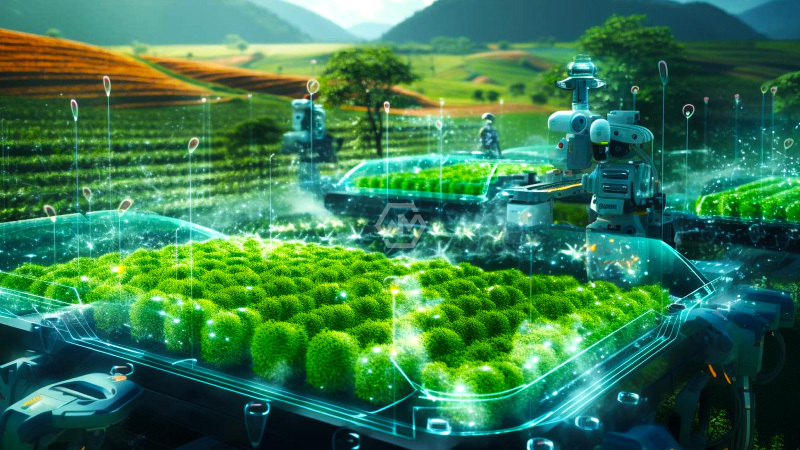- Food systems will be the main topic of this year’s global climate summit.
- Climate change has a significant impact on agriculture, which suffers from more frequent and severe weather.
- Agriculture is falling behind other industries in the development of alternative technologies.
No emissions Farmers and scientists believe that agriculture will not happen for years becausefood systems will be the main topic of this year’s global climate summit. In the thirty years since international leaders first decided to reduce greenhouse gas emissions and stop climate change, food production has received little attention.
Nonetheless, when delegates convene at the United Nations climate conference, COP28, agriculture will be a hot topic of discussion like never before.
Agriculture
A leaders’ declaration on climate action and resilient and sustainable food systems is being pushed by the United Arab Emirates. The host will also be talking about food, agriculture, and water for the first time on this day.
Climate change has a significant impact on agriculture, which suffers from more frequent and severe weather. It also contributes significantly to greenhouse gas emissions, the main sources being carbon from land clearing and methane from cattle.
Climate change has caused the majority of agriculture sectors to lose roughly 20% of their productivity over the last 20 years, or about $30,000 per farm.
The production of food and fiber accounts for about 17% of Australia‘s greenhouse gas emissions, and as other industries decarbonize, that percentage is expected to rise.
Agriculture is falling behind other industries in the development of alternative technologies. Researchers are trying to find a way to lessen the amount of methane that is released into the atmosphere when it ferments in a sheep or cow’s stomach, or rumen.
Leading a delegation of Australian producers to COP28 is National Farmers’ Federation President David Jochinke. According to him, Australia is at the forefront of producing food that is friendly to the climate and shouldn’t be the focus of international regulations.
According to him, a lot of technologies and methods have already been adopted, but they also want to admit that there is only so much that can be done when the weather is dry or the soil types we have.



